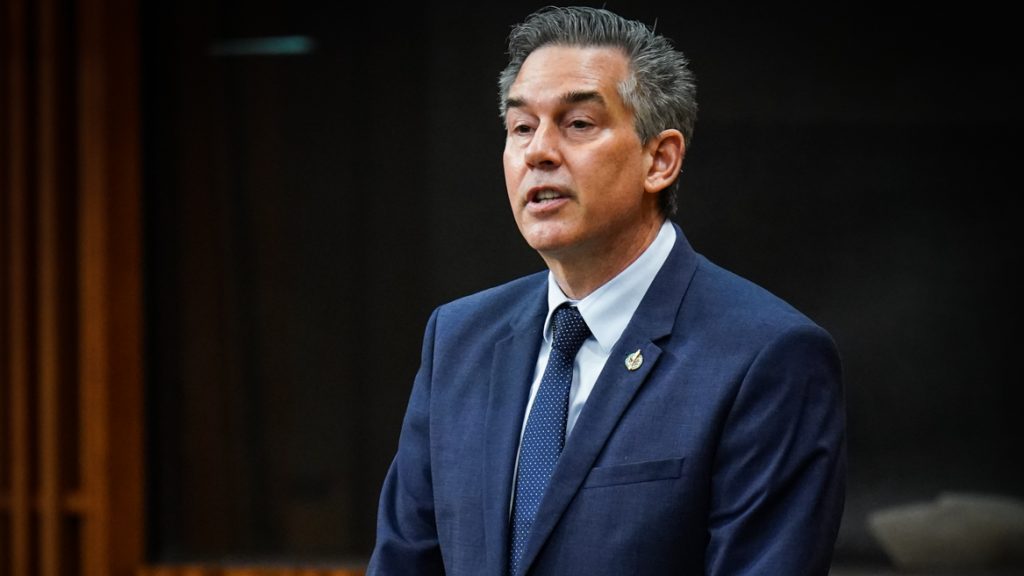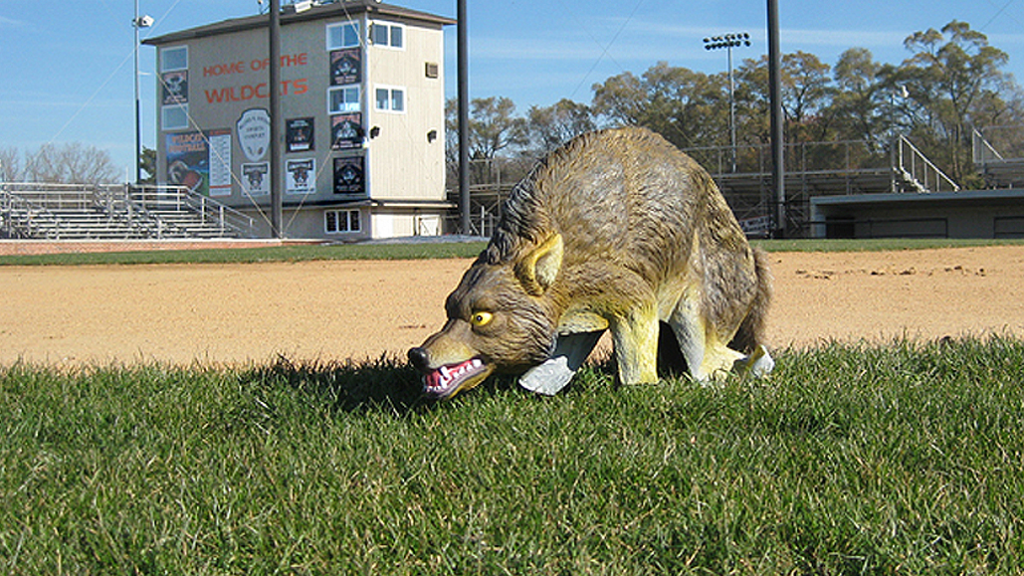Supreme Court upholds Alberta murder conviction, Mr. Big confession admissible
Posted Sep 26, 2014 09:51:17 AM.
This article is more than 5 years old.
OTTAWA – The Supreme Court of Canada has ruled that an Alberta court was right when it allowed statements made by an accused murderer during a police sting operation to be entered as evidence.
The unanimous ruling upholds a first-degree murder conviction against Dax Richard Mack.
In February 2008, Mack was convicted of shooting his roommate, Robert Levoir, and burning his body in a wooded area near Fort McMurray.
In a police sting known as a Mr. Big operation, Mack told undercover Mounties posing as gangsters that he’d killed Levoir and then disposed of the body on his father’s land.
Mack insisted during his trial that his confession was fake and aimed at impressing the supposed gang.
In a July ruling, the Supreme Court warned Canadian police forces against relying on Mr. Big operations.
That case involved Nelson Hart, a man convicted of murdering his three-year-old twin daughters after they drowned in Gander Lake, N.L., in 2002.
The top court said Mr. Big confessions should be excluded where the prejudicial effect outweighs the probative value, or where they are the product of an abuse of process.
In doing so, it ruled confessions Hart made to undercover Mounties could not be used against him. Murder charges against Hart were dropped for lack of evidence and he was released after serving nine years behind bars.
But in the Mack case, the Supreme Court said, the confessions were admissible.
“In my view, any prejudicial effect arising from the Mr. Big confessions is easily outweighed by their probative value,” Justice Michael Moldaver wrote for the court.
Mack’s confessions to undercover Mounties were the same he made to others, the justices found. And the fake gang offered him a relatively minimal payoff, $5,000 over several months at a time when he was gainfully employed.
There was also no violence threatened and no improper conduct by the police, the justices said.
“Moreover, there was an abundance of evidence that was potentially confirmatory,” Moldaver wrote.
The ruling suggests that not all Mr. Big operations are inherently flawed.
Kouri Keenan, a criminology PhD student at Simon Fraser University in Vancouver, who has written a book analyzing Mr. Big stings in Canada, said the Hart decision was a “game-changer.” But it didn’t rule such stings are unconstitutional and they will likely continue to be used by police.
“The thing we have to keep in mind is that the analysis of a confession obtained by virtue of a Mr. Big sting is done on a case by case basis,” Keenan said.
The sting “has proven to be an effective investigative tool and it may very well produce reliable confessions in the future.”
Other than confessions, the operations can turn up other important physical evidence, such as a murder weapon or body, he said. In Mack’s case, he led undercover officers to a firepit where they found the victim’s bone and teeth fragments, as well as shell casings fired from a gun in Mack’s apartment.
“Mack’s confessions were corroborated, whereas Hart’s confessions couldn’t be corroborated and were inconsistent anyway,” said Timothy Moore, the chair of psychology at Toronto’s York University who has done research of Mr. Big operations.
He said that with the Hart decision, the court basically gave lower court judges and police a “road map” on what rules Mr. Big stings need to follow.
That map has already had an impact on other cases before the courts.
Earlier this week, prosecutors in Nova Scotia withdrew first-degree murder charges against Albert Baird, accused of killing his common-law partner, Rhonda Wilson, in 2002. The judge in that case ruled the man’s confession to undercover officers would not be admissible under the Supreme Court’s new guidelines.
And on Monday, a Saskatoon judge ruled a murder trial against Douglas Hales would proceed. Hales confessed during a sting to strangling and beating university student Daleen Bosse in 2004. The judge said there was no need for a mistrial in the case and that both sides could re-examine evidence to apply the new standard.










